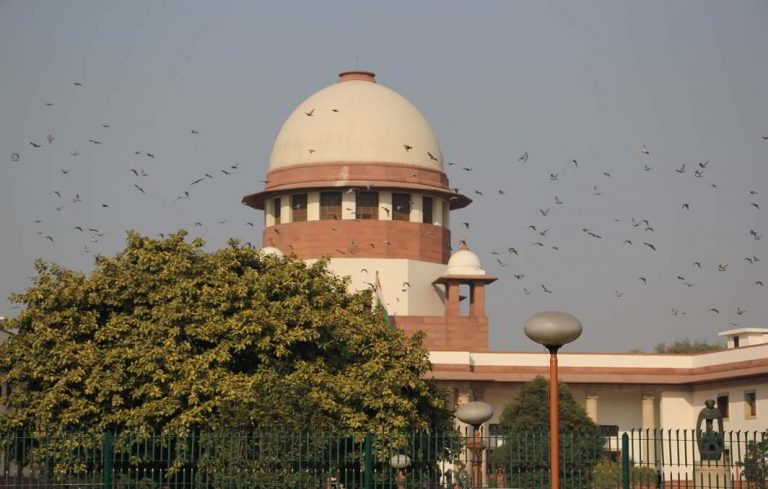
The counsel for AIMPLB Kapil Sibal raised the critical issue whether Parliament could frame laws on religious matters
Parliament may enact the Uniform Civil Code, but it cannot be enforced on Indians, argued senior counsel Kapil Sibal in the Supreme Court on Tuesday (May 16).
The proceedings kicked off with Sibal continuing his argument that personal laws could not be adjudicated by courts. The Central government had on Monday (May 15) contended that all forms of triple talaq be abolished by the top court.
Favouring personal laws, Sibal said that an individual is born in a family which is part of a community. His upbringing, to some extent, is influenced by community. His marriage also takes place within the community in deference to rituals that have evolved through centuries. Sibal argued that all these are part of the personal law.
The senior counsel pleaded that the challenge before the court was whether it should decide the faith of 165 million people or should it depend on the legislature as in other cases. He contended that personal law is protected by the Constitution of India.
Favouring Nikahnama, Sibal argued that marriage was a contract and Nikahnama was central to it. He said that instant divorce still existed in many countries.
Pleading that if Nikahnama was changed by some statute, it would tantamount to questioning the very faith itself, Sibal, however, agreed that it could be done on an individual basis. There should not be any compulsion, he submitted.
Sibal said that it was for the Parliament to frame the law on uniform civil code but before that one needs to examine the areas where Parliament could frame laws. Property was one of the issues, he pointed out.
Quoting the example of Digambars (who roam naked) among the Jains, Sibal wanted to know why no law was passed to stop the practice. He also wanted to know the extent to which Parliament could interfere in religious matters.
Referring to BR Ambedkar Sibal pointed out that the latter had said that the uniform civil code did not address the issues of marriage and succession and the legislature must take up these matters seriously. So a mechanism already existed, Sibal pointed out.
He reiterated that it was fine if Parliament evolved a uniform civil code, but it could not be enforced on Indians.
Arguments to continue after lunch.
—India Legal Bureau

